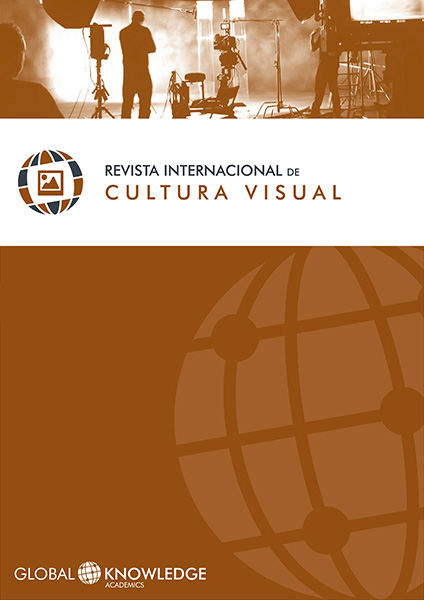Autoimage as a Predictor of Academic Performance: Case of adult literacy
DOI:
https://doi.org/10.37467/gka-revvisual.v4.233Keywords:
Self -concept, Academic Performance, LiteracyAbstract
This is article linking two concepts which although fundamentals in the development of formal education, rarely studied together. The self-image or self-concept, of the student and the teacher's role in the classroom. We intend to link these concepts to answer if a teacher that encourages his students to create a good concept of them generates better learning than one without; for that we worked with adult literacy teachers, to whom will be surveyed in relation to 13 variables previously determined by a semantic network. The results show that teachers who validate selfimage in their students achieve a shorter training slope than that achieved literacy not working on this concept.
Downloads
Global Statistics ℹ️
|
895
Views
|
419
Downloads
|
|
1314
Total
|
|
References
Corbetta, P. (2010). Metodología y técnicas para educación social. Madrid, España: McGraw-Hill Interamericana de España.
Ghazvini, S. D. (2011). Relationships between academic self-concept and academic performance in high school students. Procedia - Social and Behavioral Sciences, 15, 1034–1039. doi:10.1016/j.sbspro.2011.03.235 DOI: https://doi.org/10.1016/j.sbspro.2011.03.235
Hirsch, A. (2011). Dilemas, tensiones y contradicciones en la conducta ética de los profesores. Sinéctica, 37. Recuperado de: http://www.sinectica.iteso.mx/?seccion=articulo&lang=es&id=524_dilemas_tensiones_y_contradicciones_en_la_conducta_etica_de_los_p
Hirsch, A. (2012). Estado del conocimiento sobre valore profesionales y ética profesional, Memoria, IX Jornada Nacional de Investigadores en Educación y Valores. Recuperado de http://www.iberopuebla.edu.mx/servicios/memorias/files/panel_estados_del_conocimiento/estado_del_conocimiento_sobre_valores_profesionales_y_etica_profesional.pdf
Hernández, R., Fernández, C. y Baptista, P. (2010). Metodología de la investigación. CV, México: McGraw-Hill Interamericana Editores.
Hortal, A. (1996). Siete tesis para repensar la ética profesional. Madrid, España: Desclée de Brouwe.
MacIntyre, A. C. (2006). Historia de la ética. Barcelona, España: Paidós Ibérica.
Ministerio de Educación. (2012). Deserción en la Educación Superior en Chile. MINEDUC: Serie Evidencias.
Molina, A., Silva, F. y Carlos, C. (2005). Concepciones teóricas y metodológicas para la implementación de un Modelo Pedagógico para la formación de valores en estudiantes universitarios. Estudios pedagógicos, 31(1), 79-95. DOI: https://doi.org/10.4067/S0718-07052005000100005
Münch, L. (2009). Ética y valores. México: Trillas.
Rojo, M. R. (1999). El componente educativo en el rol del profesor universitario. Revista electrónica interuniversitaria de formación del profesorado, 2(1), 8.
Scheler, M. (2000). El formalismo en la ética y la ética material de los valores. Madrid, España: Caparrós.
Vargas, N. y Condori, H. (2000). Educación en valores, un punto de vista particular. Monografía, Universidad Nacional de Perú.
Downloads
Published
How to Cite
Issue
Section
License
Those authors who publish in this journal accept the following terms:
-
Authors retain copyright.
-
Authors transfer to the journal the right of first publication. The journal also owns the publishing rights.
-
All published contents are governed by an Attribution-NoDerivatives 4.0 International License.
Access the informative version and legal text of the license. By virtue of this, third parties are allowed to use what is published as long as they mention the authorship of the work and the first publication in this journal. If you transform the material, you may not distribute the modified work. -
Authors may make other independent and additional contractual arrangements for non-exclusive distribution of the version of the article published in this journal (e.g., inclusion in an institutional repository or publication in a book) as long as they clearly indicate that the work was first published in this journal.
- Authors are allowed and recommended to publish their work on the Internet (for example on institutional and personal websites), following the publication of, and referencing the journal, as this could lead to constructive exchanges and a more extensive and quick circulation of published works (see The Effect of Open Access).














